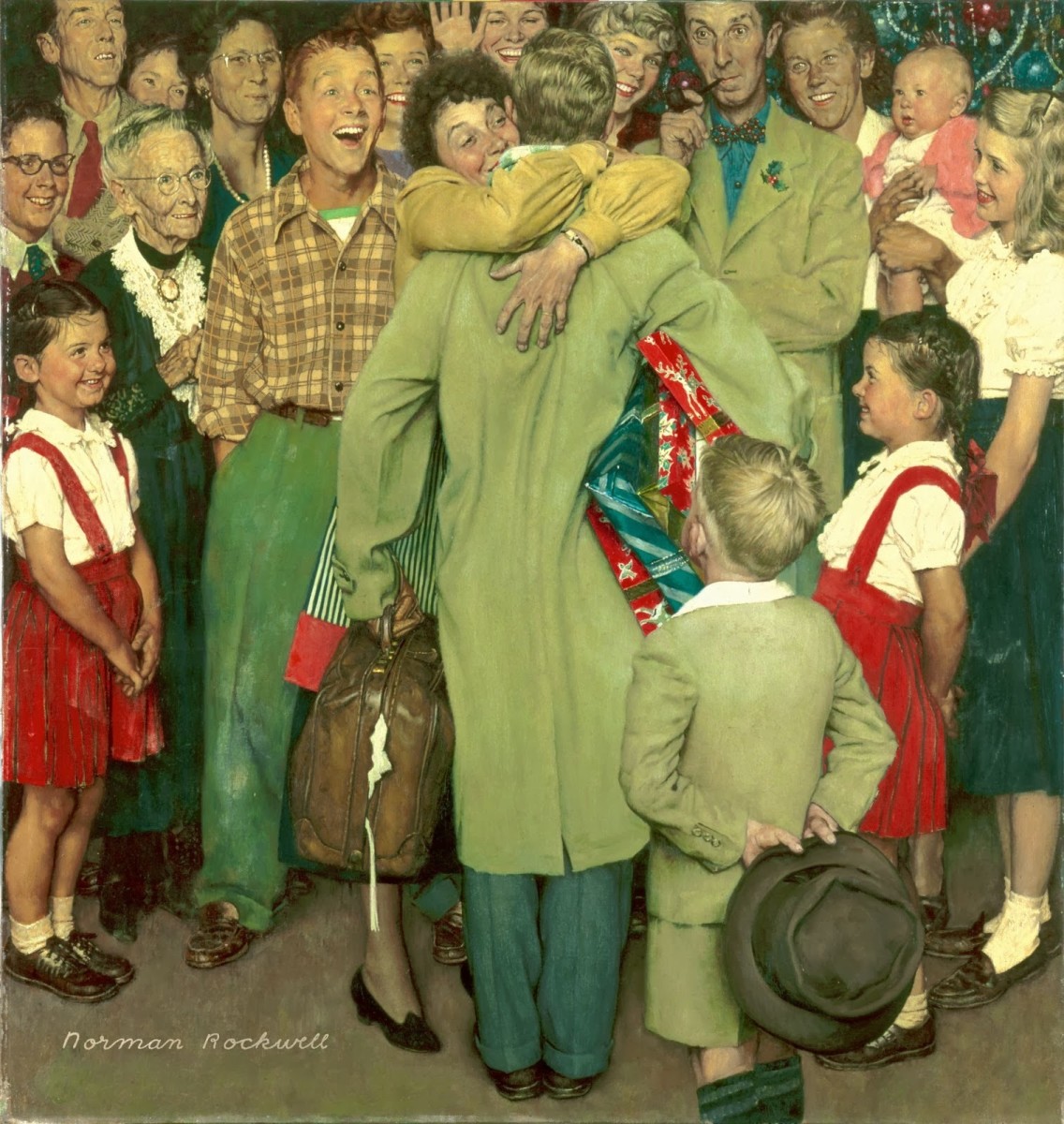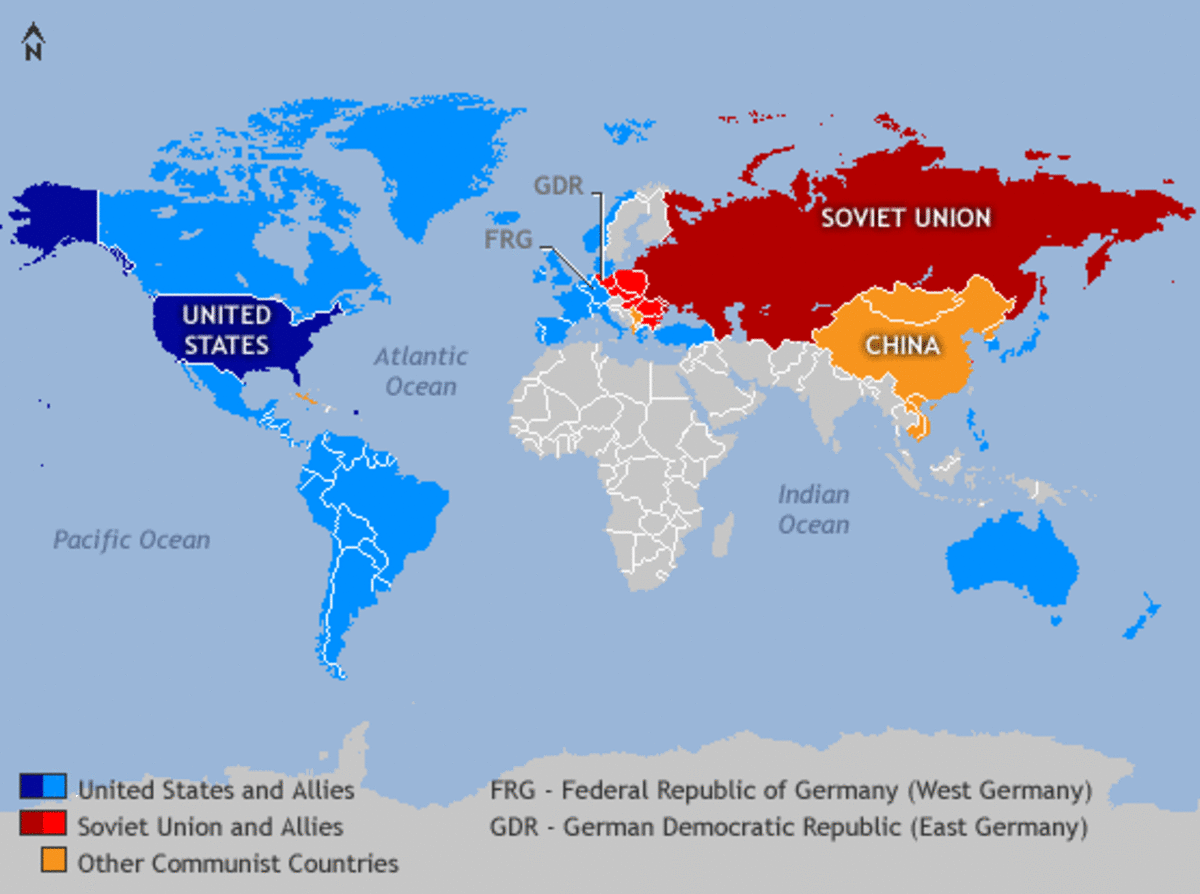Federalist 10: Madison's Constitutional Middle Class for America

Why Should You Care What Some Founder Wrote?
Introduction
Madison wrote the Federalist 10 as an argument for the Constitution in that it creates a government that will have the ability to control any violence or other type of damage that could be caused by factions. He considered this paramount in the development of the Republic. Madison considered a faction to be “…a number of citizens, whether amounting to a majority or a minority of the whole, who are united and actuated by some common impulse of passion, or of interest, adverse to the rights of other citizens, or to the permanent and aggregate interests of the community.” (Fed. 10) Simply put, this means a group of people who could come together to not only protect but encourage private interests, specifically economically and politically. To Madison, these factions can and do step on the rights of other people, specifically, the rights of the non-elite. Madison was concerned with the potential for anarchy, particularly after the recent Shays’ Rebellion in Massachusetts, which showed not only how quickly rebellion could spread but also that groups will form together against a government.
Madison not only saw factions as being a threat to the Republic, but understood that they were inevitable. Because of this potential, he wrote that there were two methods of curing the mischief of faction: by removing the causes and by controlling its effects. In this essay, using Madison’s definition of faction, I will explain why faction is a problem and why Madison considered it the most important threat to Republican societies. I detail how Madison intended to handle faction by removing the causes and by controlling its effects. In order to do this, I will address what types of factions or political conflict need to be called forth from the Republic in order to temper the “violence of faction” by explaining the specific features of the Constitution which address this conflict and so will be used to the Republic’s advantage. This will include prerequisite characteristics of the Republic that Madison considered imperative to control faction.
The Problem with Factions
The purposes of writing the Constitution are many. But one of the main reasons is because while the Federal government had given rights to do things for the country through the Articles of Confederation, it was dependent upon states to enforce those rights. For example, the Federal government could borrow money, but it had neither the ability to pay it back nor any authority to enforce its agreements with states to pay into the system. It was time for a Federal Constitution that would outline the responsibilities and autonomy (semi) between the states and the Federal government. There was a pessimistic, yet accurate, consensus that factions are inevitable because of the natural behavior of men. To Madison, past republics, with direct democracy, had failed simply because of this natural behavior. This means that there are differences of opinions, differences in wealth and landowning, and it is only natural that like-minded people would gather together. A large source of faction was the distribution of property, which comes in many forms. There is landowning, businesses, commodities and money, which could appear unequal. While the rights of these property owners must be protected by the government, this could not be at the expense of other citizens. The government’s role for Madison is a balancing act. Madison believed that a strong federal republic instead of a group of small republics, or states, would be better to guard against those factions. Anti-federalists argued that a large union would fail because each state had its own interests and cooperation would be near impossible. But Madison feared that the union would break and go bankrupt if federalism was not in place. He moved from a strict federal government to compromise with individual states, but his concern for factions continued.
In the Federalist 10 paper, Madison continued Hamilton’s discussion in Federalist 9, which addressed the role of faction and how it could be used to destroy the union. Madison identified the most serious faction to be one that would create a rift in political life, or arguing over fundamental issues. Madison felt that property, unequally distributed, would create a common source of faction because those who either had property or had no property would represent distinctive interests in society. Further, direct democracy was a danger to individual rights because it promoted or allowed factions to grow. A representative democracy would protect the individual from majority rule, i.e., inequalities that arise due to that majority rule, which can be created because of faction. The biggest problem with faction is that it has the potential of destroying individual liberties, and in so doing, the Republic society.
Madison’s Solution
Madison understood that faction was inevitable. Therefore, there were only two potential solutions that would limit damage caused by inevitable faction: the first was by removing the causes of faction; the second, by controlling its effects.
Removing the cause of faction is near impossible because this would destroy liberty. What is left would be a dictatorship where no citizen had a vote in any aspect of his life. Removing the causes of faction by attempting to create a society which would be homogeneous in both opinions and interests, in other words, promote a particular public virtue of excellence, is also not practical. It too could destroy liberty. Diversity in opinion and passions of people help them succeed, which in turn promotes and guarantees liberty. Madison particularly emphasized that economic stratification prevents everyone from sharing the same opinion. There is no real way of providing every citizen with the basics of this form of virtue other than on a very primitive, tribal level. A foundation of ethics to live by can be created, allowing for fluctuation in the form of freedom. As discussed below, one way that Madison would begin this would be in the distribution of various properties in order provide a larger middle class.
Madison decided that the best way to control damage by faction is to control its effects. His argument is that majority factions are the problem because in it laid popular sovereignty. That popular sovereignty prevents minority factions from becoming powerful. The two ways to keep majority factions at bay are to either prevent the same passion and/or interest in a particular majority from occurring at the same time, or to make sure that a majority faction is unable move on its interests. Madison believed that small democracies cannot accomplish this because they themselves have their own interests, i.e., they are the faction and their individual passions can quickly manifest themselves in the majority of the people and move through the government with ease. To Madison, this can be prevented through a representative government, where citizens vote for representatives who will in turn vote for laws or policies. Likewise, a large republic is better than a small republic to represent the citizens’ interests as a whole. The candidates are more plentiful and it is more likely that competent representatives will be voted in. Finally, Madison believed that in a large republic, the number of actual participants in a given majority would be lower. In order to accomplish anything, they would have to work together, compromising some things for others. The final outcome would benefit the majority of the citizens.
There is also less likelihood of bribery and other forms of corruption, simply because the distance between each player and the amount of players leave it difficult to do so. A republic also provides a filtering system which prevents frivolity that can deadlock direct democracies. On the other hand, if constituencies are large enough, the representatives become out of touch with their local interests. Madison believed that this problem could be solved by federalism because local matters would continue to be taken care of by local officials.
Conclusion
Before the Federalist 10, the idea of a republic without the republican notion of virtue did not exist. Colonial republicanism had focused on moralistic approaches, which may or may not include common good -- either would be accidental. The American Republican thought had been that because they had consent from the whole, they were free. Further, virtue rested in the arms of the government to promote a generality of good over own interests. But Madison recognized that this had been a problem in the past and chose various methods to include in the Constitution to guarantee that the American people would all have equality (as defined American people at that time).
According to Diamond’s “Ethics and Politics: The American Way,” since factions will form, Madison considered that the government could play a role in forming and thereby controlling certain ideas. There are three bases for controlling the effects of faction: 1) Opinion. By providing a basis of opinion of what good and evil is, regulating right and wrong, the country would be cohesive in basic principles; 2) Passion. Providing a way to keep from attaching to a demagogue leader. However, religions and faith would not be governed because they cannot be controlled – in the end, those are subjective; and 3) Property. Recognition that there is an unequal distribution of wealth is important. By forming a large middle class, most would own some kind of property or other form of wealth. To Madison, if government can create politics, it becomes more controllable and if these three are addressed, there is less likelihood of the destruction of the new republic.
Understanding that the pursuit of excellence had destroyed past republics, by promoting a common “faction” of basic ideas and principals of a process, Madison hoped a federalist republic would override excellence virtue and written rules. Madison did not believe in virtue for virtue’s sake, neither did he believe rules should simply be written down. Both of those solutions leave room for change. But in establishing the Constitution, the process itself would be the guideline to control faction. Once Federalism is established in the Constitution as one means to accomplish these goals to prevent destructive faction by making a larger, stronger republic, there is the National Supremacy Clause. Though ambiguous on purpose with regard to civil war, it straightens out the roles of the nation and the state and allows for the supremacy of the nation over all. The theory of checks and balances divides the federal government into three branches: the executive, which implements the law; the legislative, which decides the law, and the judicial, which interprets the law. All three of these branches not only work against each other to ensure the other is compliant, they work together to promote success.
In order for Madison’s solutions to work, he developed prerequisites. There would be a democracy. This meant that there would be no feudal system in place – everyone would have the ability to own some property and be represented. It would also include religious diversity, and prosperity. The government would stay out of religion and everyone would be entitled to the same economic opportunities. A middle class would be developed so that the majority of people had the same interests. It was Madison’s hope that a representative democracy with particular safeguards in place and the development of a national base of minimal virtue would save the new Republic. It did.







